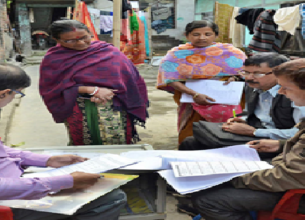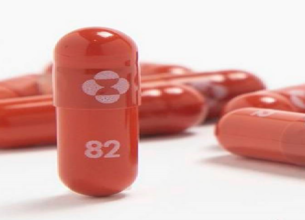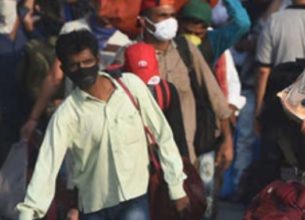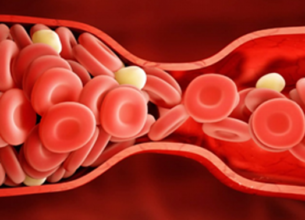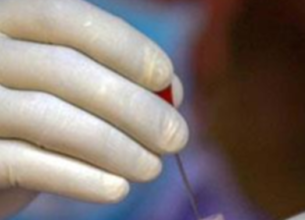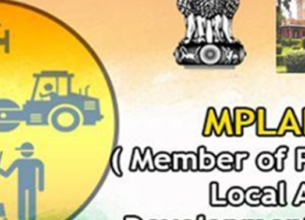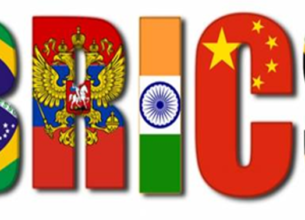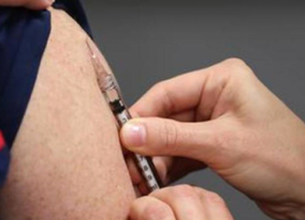WHO Emergency Nod for Serum Institute’s Covovax
28, Dec 2021
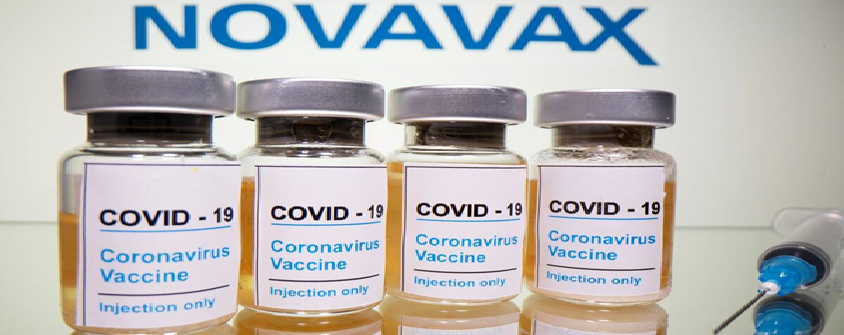
Prelims level : Medicine and Pharmaceuticals
Mains level : GS-II Issues relating to development and management of Social Sector or Services relating to Health, Education, Human Resources.
Why in News?
- The WHO recently issued an emergency use listing (EUL) for NVX-CoV2373, or Covovax, the anti-Covid vaccine being produced by the Pune-based Serum Institute of India (SII) under Licence from Novavax.
About the News:
- Covovax is the first protein-based Covid-19 vaccine option with demonstrated efficacy and a well-tolerated safety profile to be made available through the COVAX Facility.
- Covovax is a subunit of the vaccine developed by Novavax and the Coalition for Epidemic Preparedness Innovations (CEPI). It requires two doses and is stable at 2 to 8°C Refrigerated Temperatures.
- The vaccine uses a novel platform and is produced by creating an engineered baculovirus Containing a gene for a modified SARS-CoV-2 spike protein.
What is the Regular Procedure for Drug Approval?
- Vaccines and medicines, and even diagnostic tests and medical devices, require the approval of a regulatory authority before they can be administered.
- In India, the regulatory authority is the Central Drugs Standard Control Organisation (CDSCO).
- For vaccines and medicines, approval is granted after an assessment of their safety and effectiveness, based on data from trials.
About CDSCO:
- The Central Drugs Standard Control Organisation (CDSCO) under Directorate General of Health Services, Ministry of Health & Family Welfare, Government of India is the National Regulatory Authority (NRA) of India.
- Under the Drugs and Cosmetics Act, CDSCO is responsible for
- Approval of New Drugs
- Conduct of Clinical Trials
- Laying down the standards for Drugs
- Control over the quality of imported Drugs in the country and
- Coordination of the activities of State Drug Control Organizations by providing expert advice with a view to bring about the uniformity in the enforcement of the Drugs and Cosmetics Act.
- CDSCO along with state regulators is jointly responsible for grant of licenses of certain specialized categories of critical Drugs such as blood and blood products, Vaccine and Sera.
When can Emergency use Authorisation (EUA) be granted?
- In the US, the Food and Drug Administration (FDA) grants EUA only after it has been determined that the “known and potential benefits outweigh the known and potential risks of the vaccine” (or medicine).
- This means that a EUA application can be considered only after sufficient efficacy data from phase 3 trials had been generated.
- A EUA cannot be granted solely on the basis of data from phase 1 or phase 2 trials.
What is the process of Getting an Emergency use Authorisation in India?
- Experts and activists say India’s drug regulations do not have provisions for a EUA, and the process for receiving one is not clearly defined or consistent.
- Previously it has been granted permission for Covaxin and Covishield and covaxin emerged as the first COVID-19 vaccine globally to be used for vaccinating children as young as 2 years.
About WHO’s Emergency Use List (EUL):
- The WHO Emergency Use Listing Procedure (EUL) is a risk-based procedure for assessing and listing unlicensed vaccines, therapeutics and in vitro diagnostics with the ultimate aim of expediting the availability of these products to people affected by a public health emergency.
- To be eligible, the following criteria must be met:
- The disease for which the product is intended is serious or immediately life threatening, has the potential of causing an outbreak, epidemic or pandemic and it is reasonable to consider the product for an EUL assessment, e.g., there are no licensed products for the indication or for a critical subpopulation (e.g., children).
- Existing products have not been successful in eradicating the disease or preventing outbreaks (in the case of vaccines and medicines).
- The product is manufactured in compliance with current Good Manufacturing Practices (GMP) in the case of medicines and vaccines and under a functional Quality Management System (QMS) in the case of IVDs.
- The applicant undertakes to complete the development of the product (validation and verification of the product in the case of IVDs) and apply for WHO prequalification once the product is licensed.




